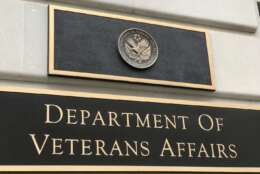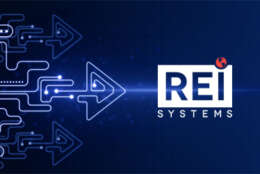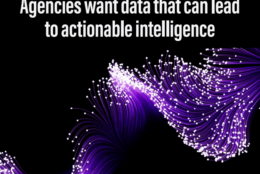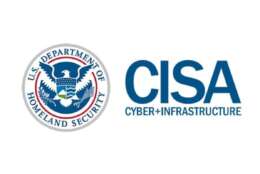IT Modernization
-
In our new Federal News Network Insider’s Guide, we share details for federal users about what the Salesforce AppExchange is, how it works and why it provides value to agencies by extending their investment in Salesforce.
April 24, 2023 -
The Department of Veterans Affairs is putting all future deployments of its new Electronic Health Record on hold, until it addresses problems at sites already using the system.
April 21, 2023 -
Col. Jennifer Krolikowski, the chief information officer of the Space Systems Command, said Enigma is a contractor-owned and operated integrated digital backbone to address long-time challenges to share information.
April 20, 2023 -
The Administrative Office of the U.S. Courts keeps the busy system of court dockets running. It has information technology underpinning this work.
April 19, 2023 -
Andy Zeswitz and Sandra Gerges of REI Systems offer ideas for how to implement a human-centered approach to citizen services.
April 18, 2023 -
Modernization has gone from an event to a continuous process as federal agencies work to improve customer experience, employee experience and mission efficiency. During this exclusive webinar, moderator Tom Temin will discuss modernization strategies with agency and industry leaders.
April 18, 2023 -
The IRS is pointing to a higher level of performance this filing season a taste of what it can do to transform the agency in the coming years.
April 17, 2023 -
Having data at your fingertips only matters if it’s the right data at the right moment. In an exclusive Federal News Network survey, we ask feds about their agencies’ efforts to turn data into actionable intelligence that can lead to better services.
April 13, 2023 -
The new roadmap gives agencies some easier first steps toward meeting the mandate of a "zero trust" security architecture.
April 11, 2023 -
A group of lawmakers urged the Office of Personnel Management for answers and a timeline for modernizing its system for processing federal employees’ retirement applications.
April 06, 2023 -
The Department of Veterans Affairs’ latest pause in the rollout of its new Electronic Health Record will last longer expected.
April 06, 2023 -
Modern digital tools, powered by IT, have become an integral part of our daily lives. These technologies have changed how we perform various tasks such as accessing information, planning trips, conducting business and communicating with others.
April 03, 2023 -
Jeff Shilling, the chief information officer of the National Cancer Institute in the National Institutes of Health, said modernizing the underlying technology infrastructure will make data sharing with researchers and others easier.
March 31, 2023 -
House VA Committee Chairman Mike Bost (R-Ill.) says the VA has yet to provide a clear picture of what a successful rollout of the Oracle-Cerner EHR looks like from here, given the system’s track record.
March 30, 2023 -
Top Democrats on the Senate Veterans Affairs Committee are planning to introduce legislation that would pause the VA’s troubled rollout of a new Electronic Health Record (EHR) until sites already using the system show improvement.
March 29, 2023















